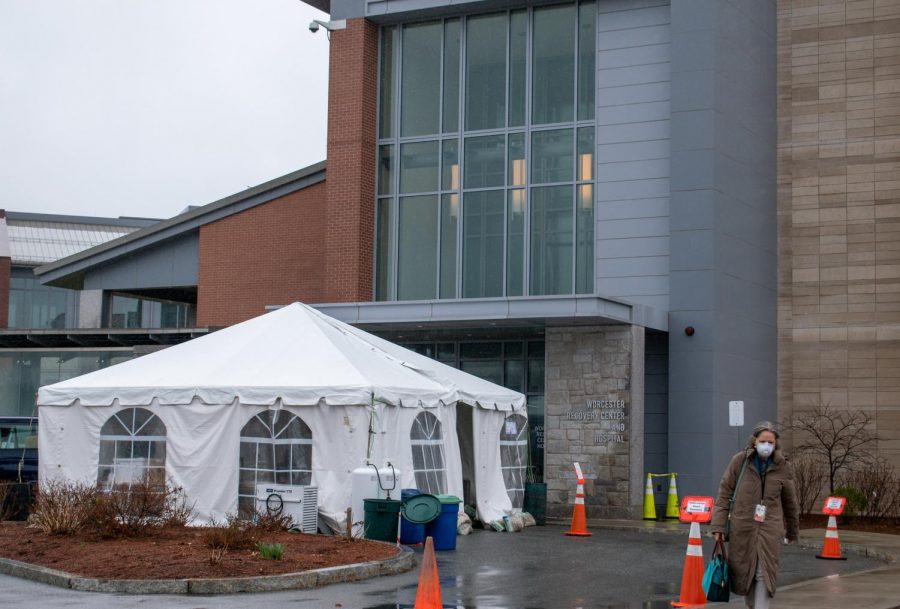Almost a year after the COVID-19 pandemic began to impact the United States, the COVID vaccine is rolling out at full speed. Currently, the United States is administering 2.2 million doses of the vaccine per day. The Centers for Disease Control recently released its first guidelines for fully vaccinated people. After a long year of hardship, we are finally approaching a return to normalcy. However, not everyone will get to return to normalcy at the same time; it all depends on when, or if, the vaccine becomes available to them.
As vaccine production and distribution ramp up, it is becoming increasingly clear that not all groups will get the vaccine at the same time. These problems with vaccine distribution equity begin at home. Prior to the pandemic, inequality of both wealth and race in the United States were prominent issues. The pandemic has made this worse. Moreover, existing inequalities have contributed to slow rates of vaccination among some groups. States with the highest wealth gaps in the country have been shown to vaccinate more wealthy people than poor people. African Americans and Latinos disproportionately make up most of these poor communities; thus, despite having a higher death rate due to COVID-19 than white Americans, these groups are getting vaccinated at a slower rate.
One common explanation for this is the distrust African Americans have in the United States healthcare system due to mistreatment in the past. While this is valid, focusing too much on this places the blame for African Americans’ not getting the vaccine solely on themselves. The reality is that federal, state and local governments have not prioritized predominantly African American communities for vaccine distribution. Vaccine centers tend to be found in more white communities than Black communities, meaning Black people have longer and more inconvenient commutes to get vaccinated. Residents from white communities often take up more vaccine appointments than African Americans, perhaps due to a racial gap in who has internet access; vaccine appointments are mainly scheduled online, which makes it easier for those who are wealthy to make an appointment. It is clear that the distribution of vaccines is benefitting predominantly white communities. This needs to be amended by the Biden administration immediately — not only because it will be difficult for a full return to normalcy if large swaths of the population remain unvaccinated, but because it is the duty of the government to prioritize groups who have been disproportionately affected by COVID-19.
The inequality in vaccine distribution extends to the global sphere. As major manufacturers began to ramp up vaccine production, wealthy countries bought up large numbers of doses, effectively hoarding them for their own populations. Rich countries have bought up over half of the vaccine supply from the most promising manufacturers. This will result in billions of people from some of the lowest-income countries in the world not being vaccinated in 2021. Studies have predicted that there will not be enough vaccines to cover the entire world population until 2023 or 2024. Moreover, countries are considering implementing vaccine passports, a method of confirming one’s vaccination status in order to travel internationally or even going to gyms, bars or restaurants.
Vaccine passports, or any proof of vaccination, threaten to exacerbate the inequalities described earlier. If proof of vaccination is required to participate in society, and if historically discriminated against groups continue to be put to the side when it comes to vaccine distribution, our country will become even more unequal than it already is. Further, if the government mandates vaccination in order to live in a normal society, it may risk increasing public distrust and vaccine skepticism. While I feel that everyone should get vaccinated, it is simply unfair to those in poorer communities or countries to restart society completely while they are left on the back burner. The only solution to this is to ramp up and prioritize distribution to communities who have a harder time getting them due to wealth and racial inequalities. Society must not just return to “normal,” but a “fair normal”.
Luke Halpern can be reached at [email protected].




















